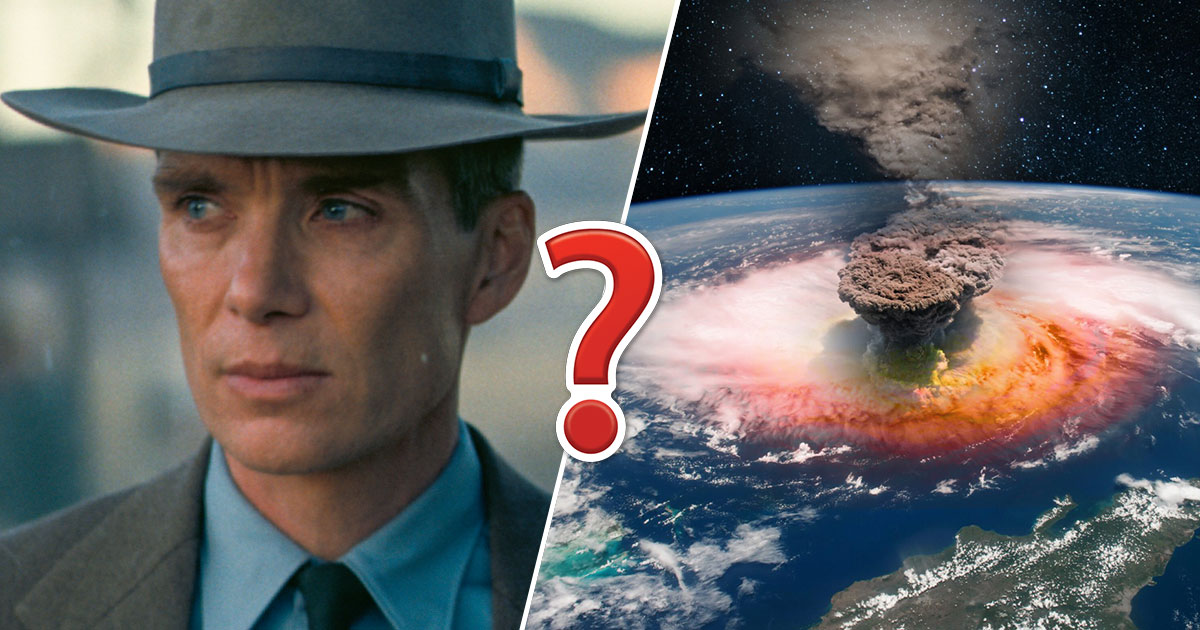
Hey there, history buffs and physics enthusiasts! Get ready to step into the time machine and travel back to one of the most explosive eras in human history. That's right, we're diving deep into the fascinating world of Oppenheimer and the atomic bomb history in this Oppenheimer quiz.
Picture this: it's the 1940s, the world is at war, and a group of brilliant scientists are huddled together in a secret laboratory. Their mission? To create the most destructive weapon known to mankind, an atomic bomb. Led by the legendary J. Robert Oppenheimer, this top-secret project, known as the Manhattan Project, forever changed the course of history.
Now, we know what you're thinking, "Wait, nuclear bombs? Chain reactions?" Don't worry, we've got you covered! This quiz will put your knowledge to the ultimate test as we explore the details of this remarkable chapter in our past.
Think you know the code name of the first successful test of an atomic bomb during the Manhattan Project? Well, get ready to unleash your inner Oppenheimer because we're diving into the secret world of codenames and classified information.
And what about that term used to describe the minimum amount of fissile material needed to sustain a nuclear chain reaction? Don't worry, we won't go all nuclear physics on you (we'll save that for another quiz). But we will challenge you to recall this crucial term that played a pivotal role in the development of the atomic bomb.
Last but not least, we'll put your historical knowledge to the test by asking you to recall the nickname of the first atomic bomb used in warfare. It's a name that forever stands as a chilling reminder of the immense power unleashed that fateful day.
So, whether you're a history buff, a science geek, or just someone looking for an educational way to pass the time, this quiz is the perfect way to test your knowledge. Get ready to embrace your inner physicist, and let's see if you have what it takes to pass this explosive Oppenheimer's challenge!
Enjoy Quizly? Upgrade to Premium for an ad-free experience and exclusive features.
Get PremiumOppenheimer Quiz Questions
It's time to unleash your intellectual brilliance! What countries were involved in the Manhattan Project, the top-secret U.S. atomic weapons development program?
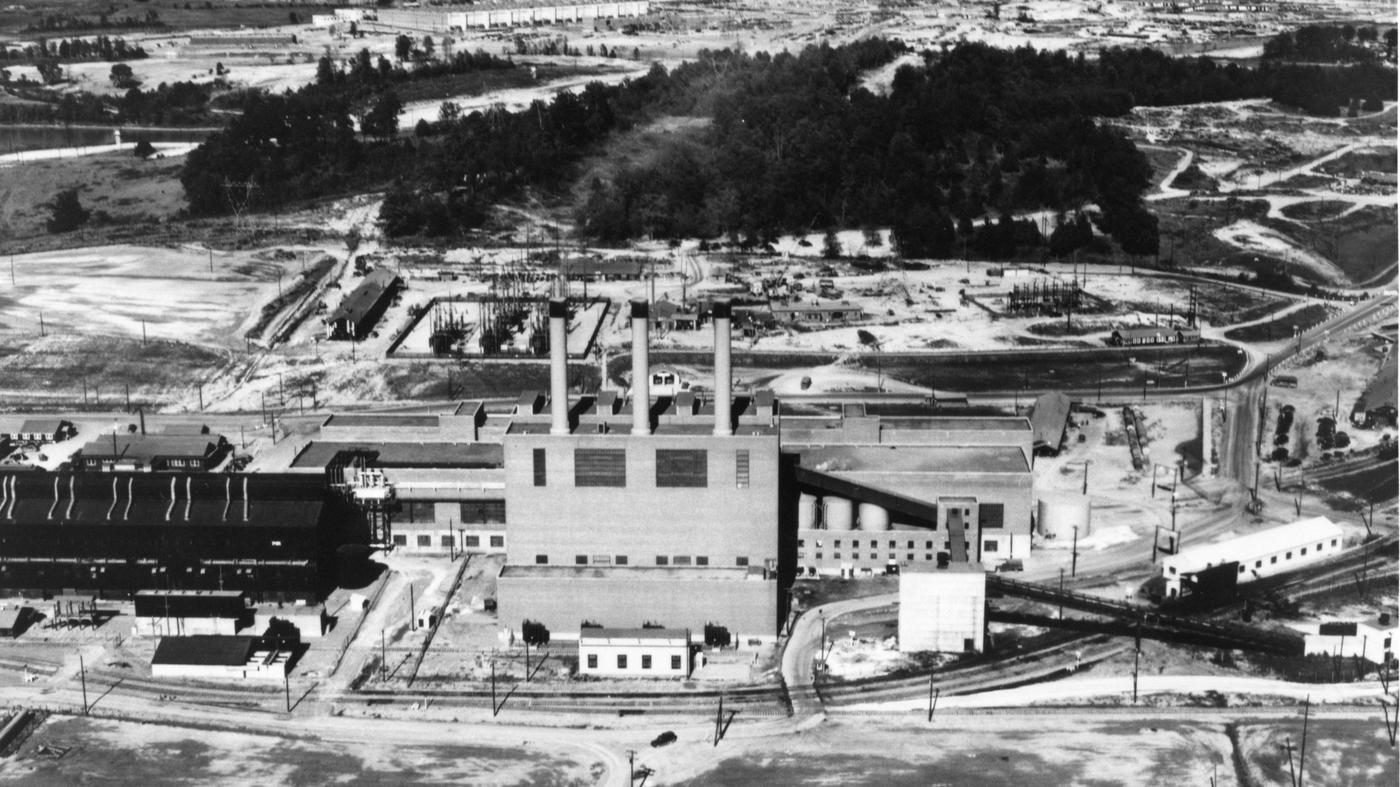
United States, Germany, and Japan
United States, France, and China
United States, United Kingdom, and Canada
United States and Soviet Union
Which U.S. President authorized the start of the Manhattan Project?
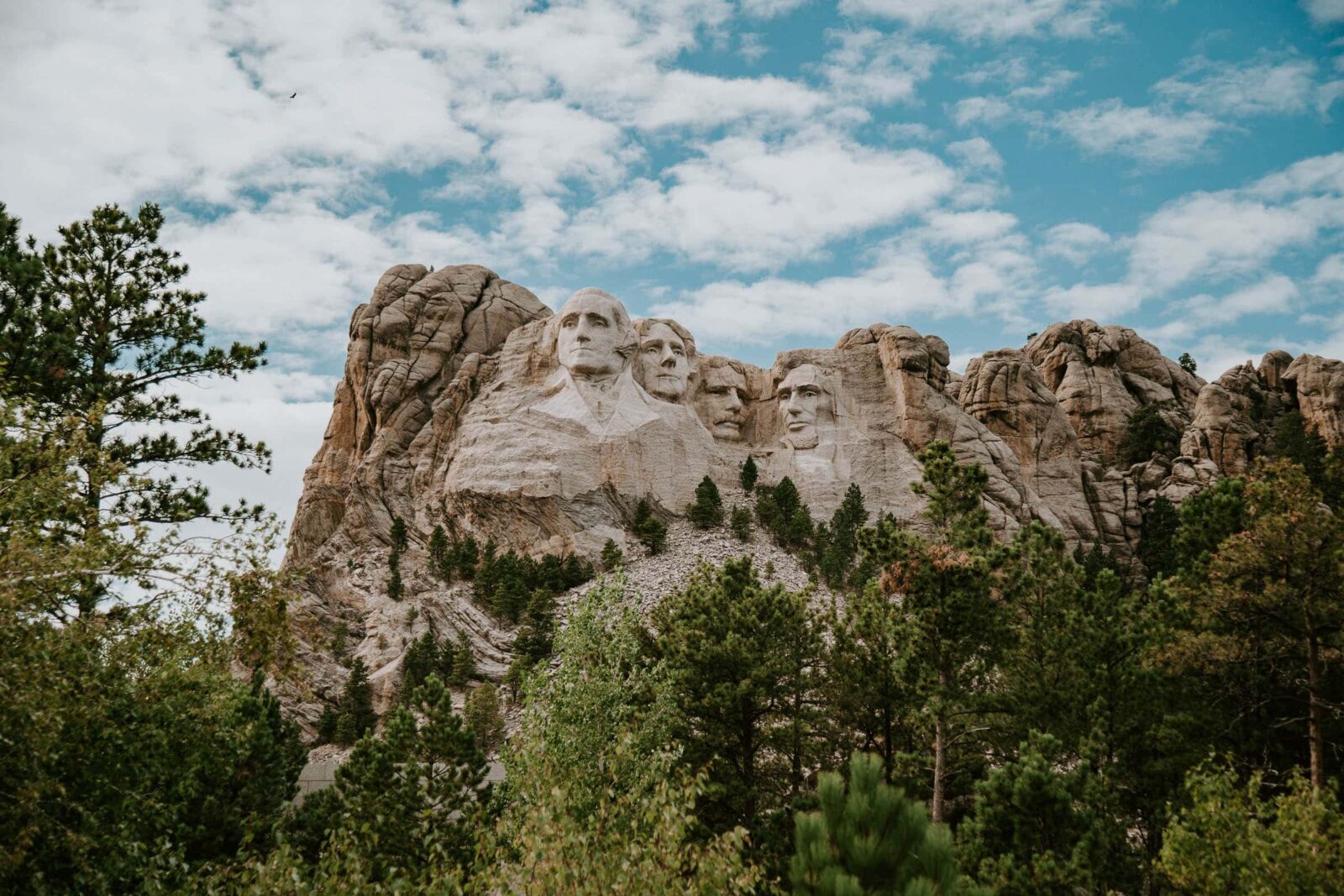
Herbert Hoover
Franklin D. Roosevelt
Woodrow Wilson
Harry S. Truman
Hungarian physicist Leo Szilard wrote a letter to President Franklin D. Roosevelt that led to the beginnings of the Manhattan Project, which would eventually produce the first atomic bombs during World War II. Which famous scientist co-signed the letter?

Niels Bohr
J. Robert Oppenheimer
Albert Einstein
Enrico Fermi
What is the process called when the nucleus of an atom splits into two smaller nuclei, releasing a large amount of energy?
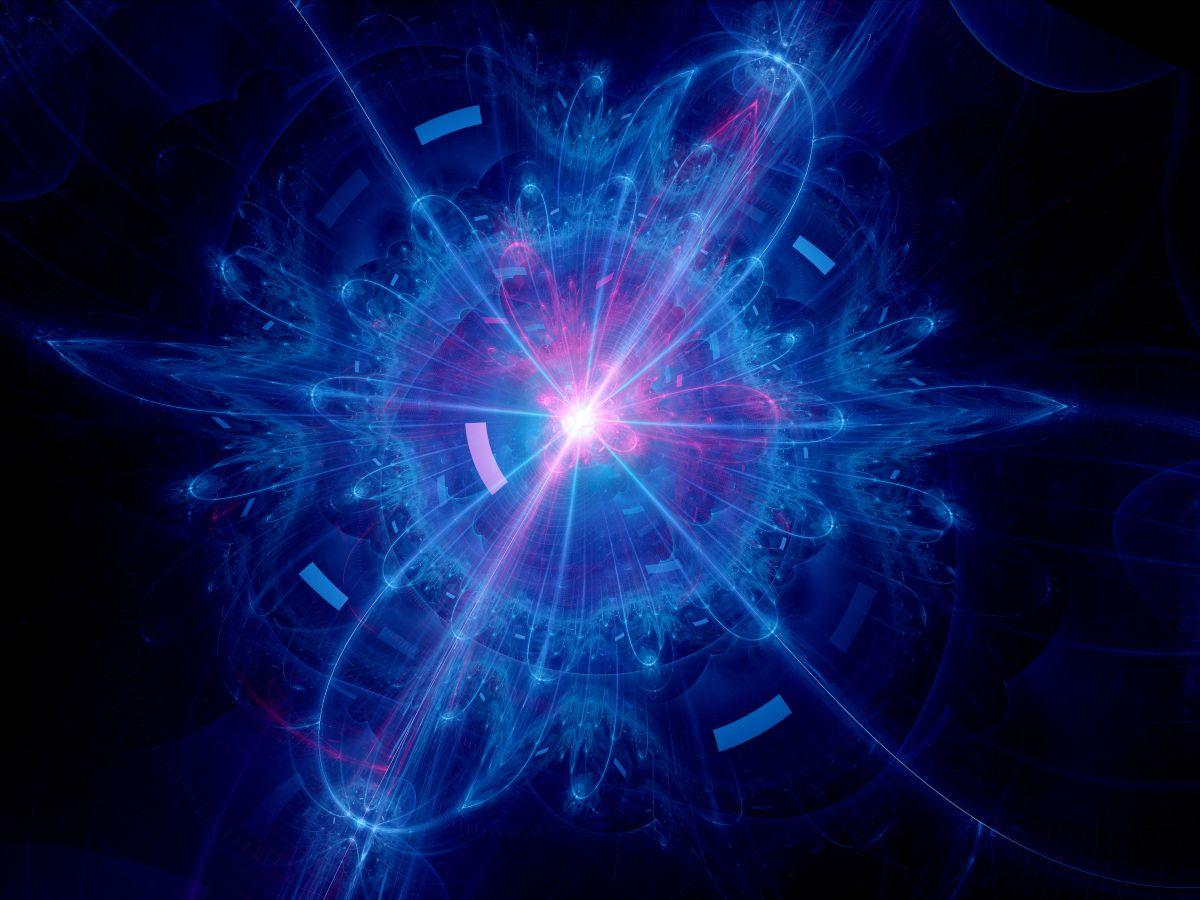
Nuclear fission
Nuclear transmutation
Nuclear decay
Nuclear fusion
Who was the lead scientist in charge of the Manhattan Project?
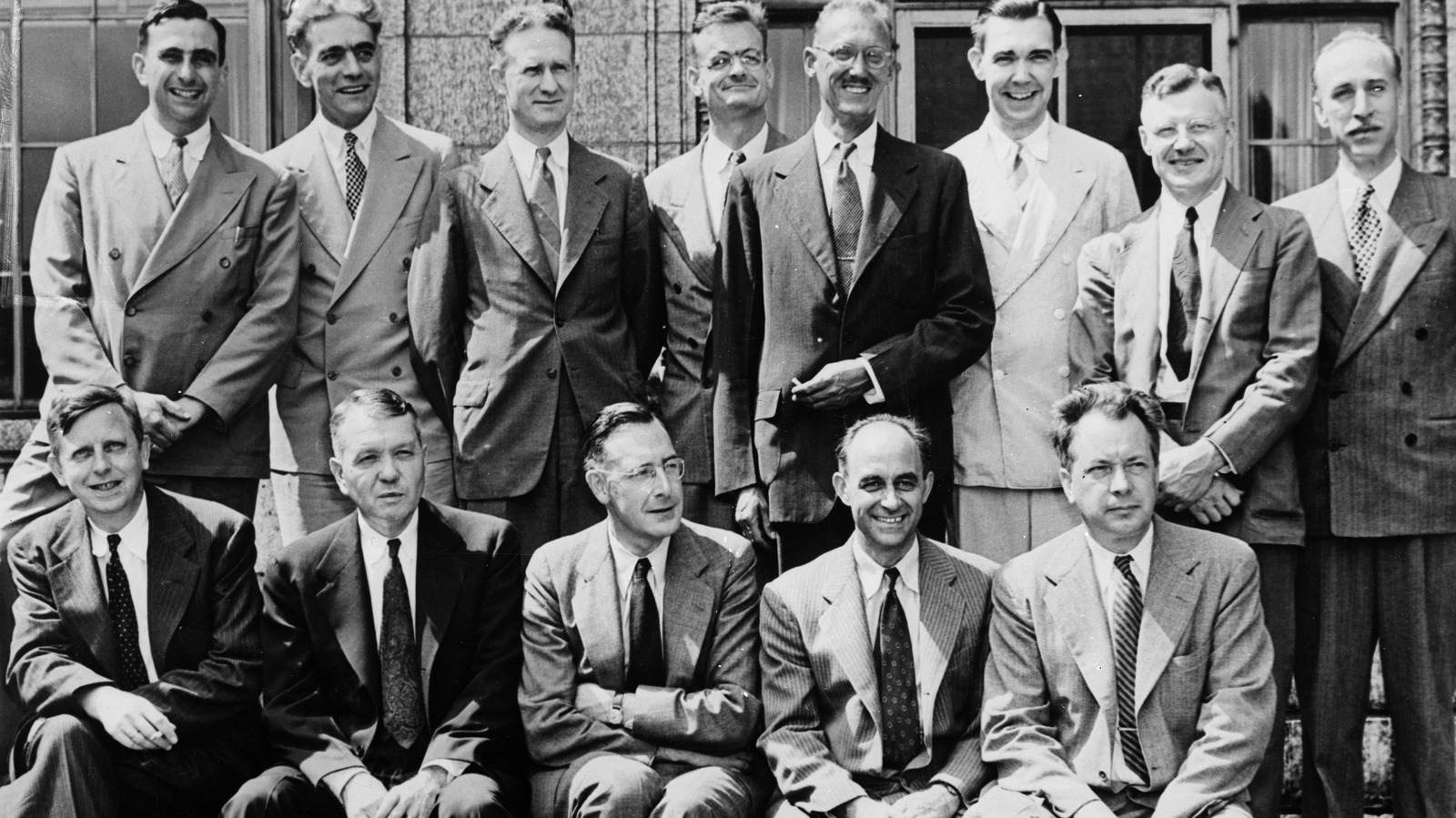
Werner Heisenberg
J. Robert Oppenheimer
Leó Szilárd
Albert Einstein
What was the reason behind naming the top-secret U.S. atomic weapons development program "The Manhattan Project"?

To mislead and obscure the real nature of the project, suggesting it was related to research conducted in Manhattan, New York.
The project took place in Manhattan, New York.
The idea for the project originated from a scientist working in Manhattan, New York.
The first successful test of an atomic bomb took place in Manhattan, New York.
What was the code name of the first successful test of an atomic bomb during the Manhattan Project?
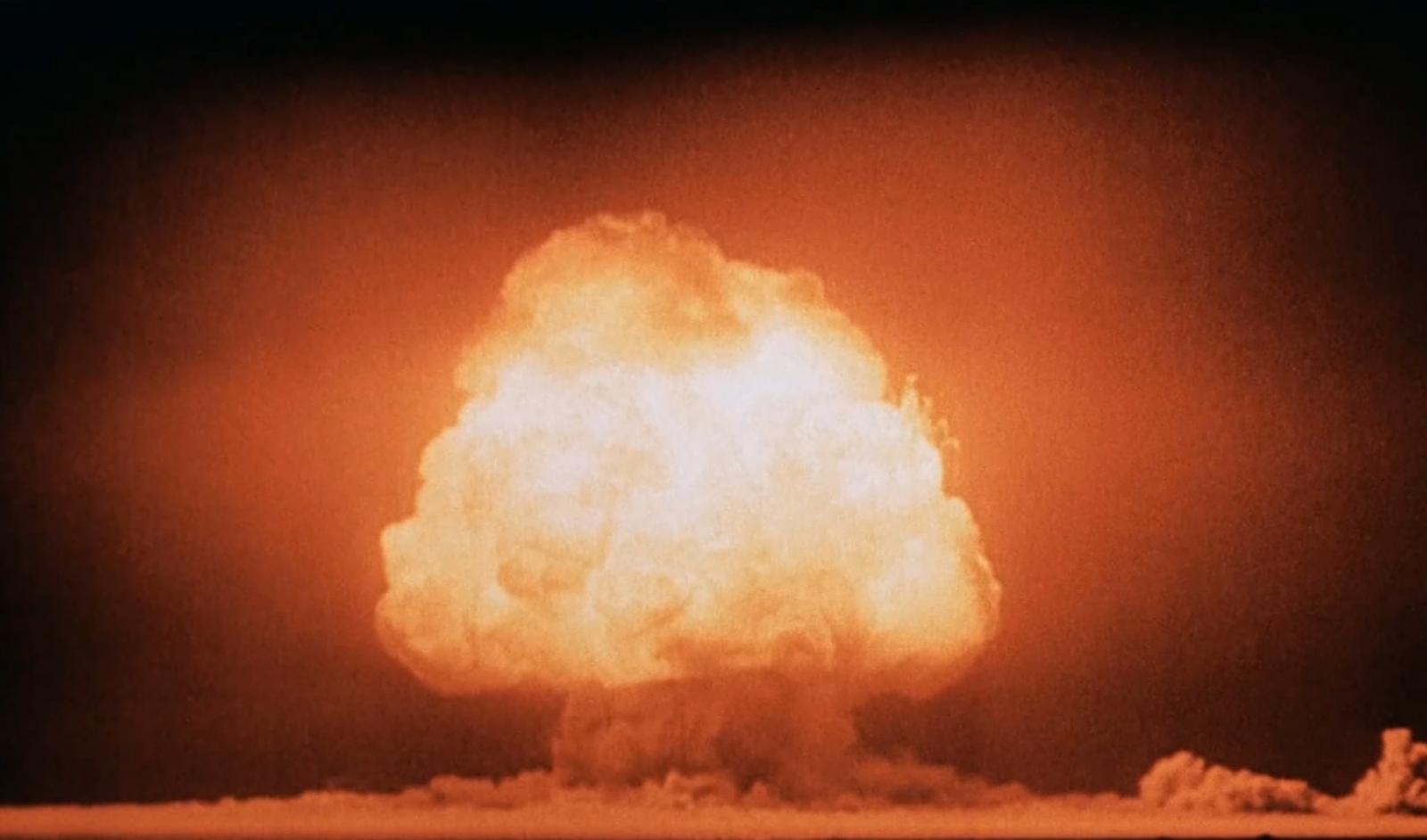
Starfish Prime
Fat Man
Trinity
Little Boy
In which U.S. state was the main research and production site for the Manhattan Project located?
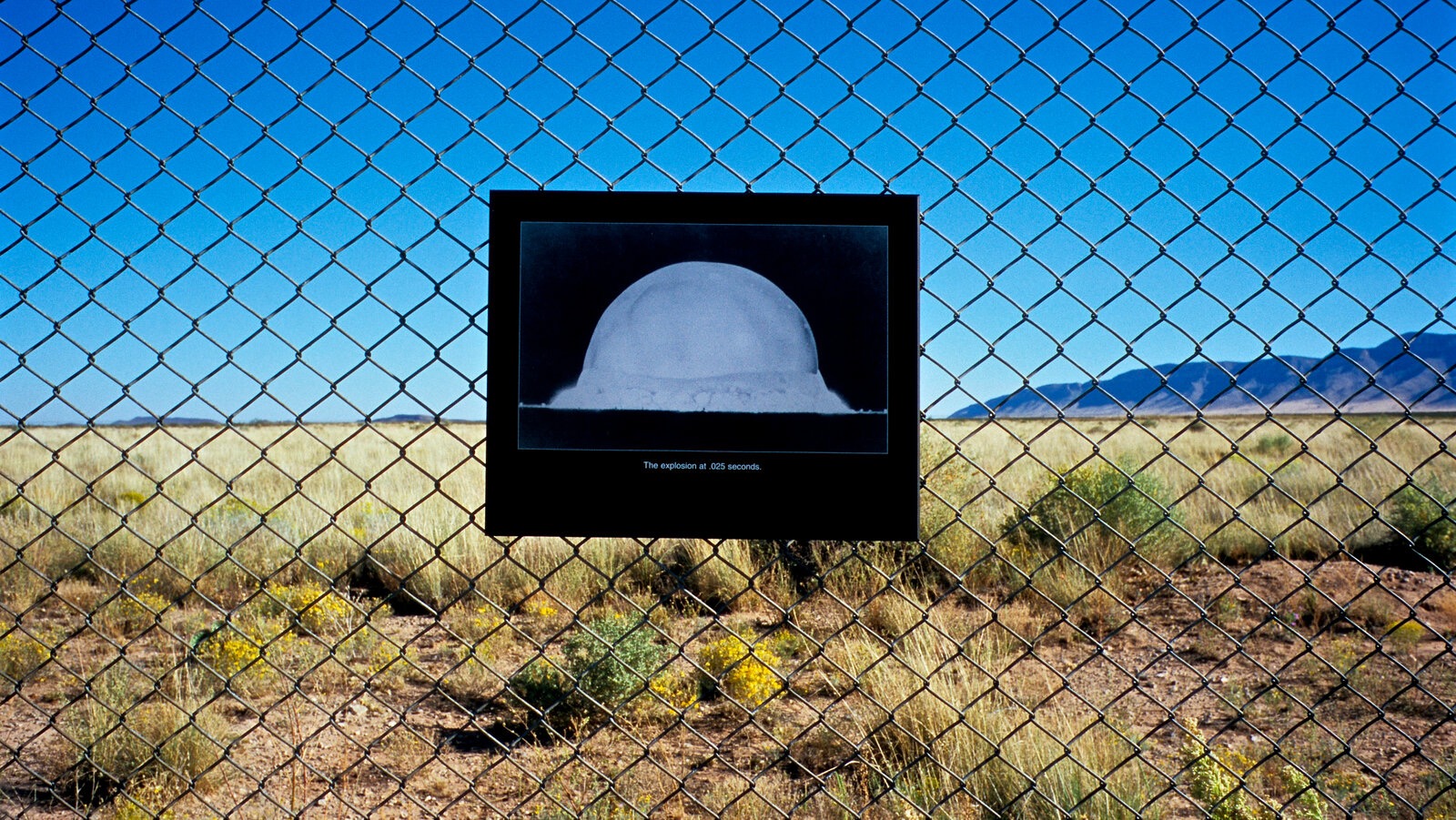
New Mexico
Nevada
New York
Texas
What element was primarily used as fuel in the atomic bombs developed during the Manhattan Project?
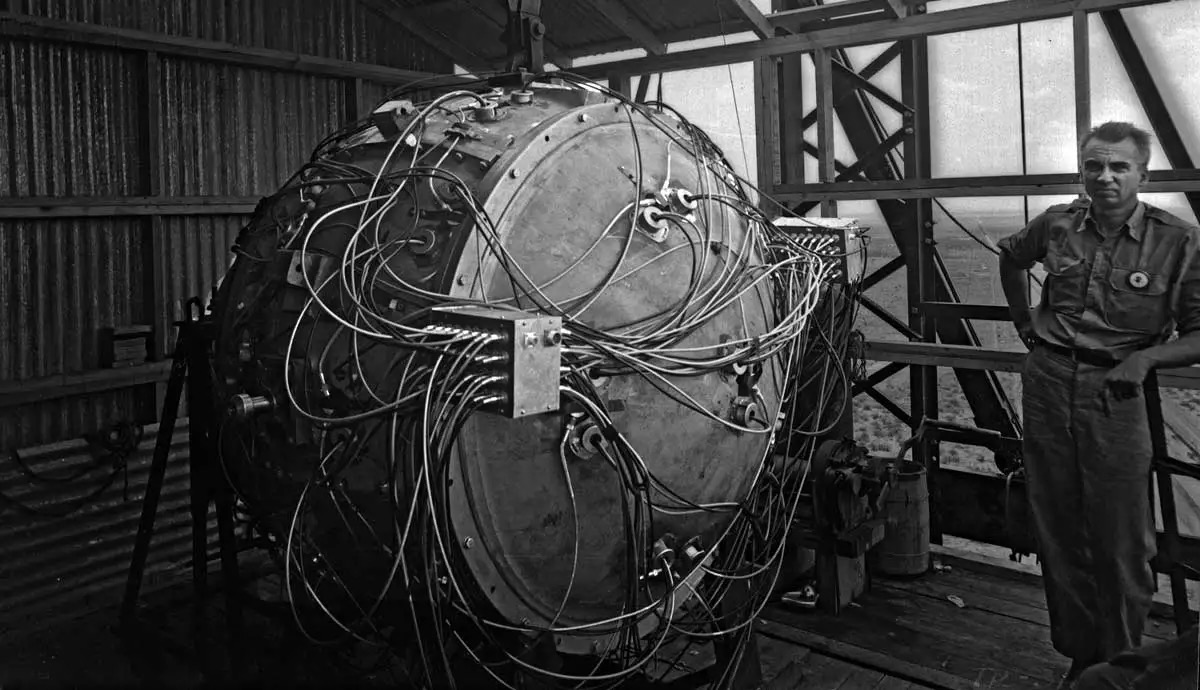
Thorium
Americium
Plutonium
Uranium
What was J. Robert Oppenheimer's famous reaction after witnessing the successful test of the atomic bomb?
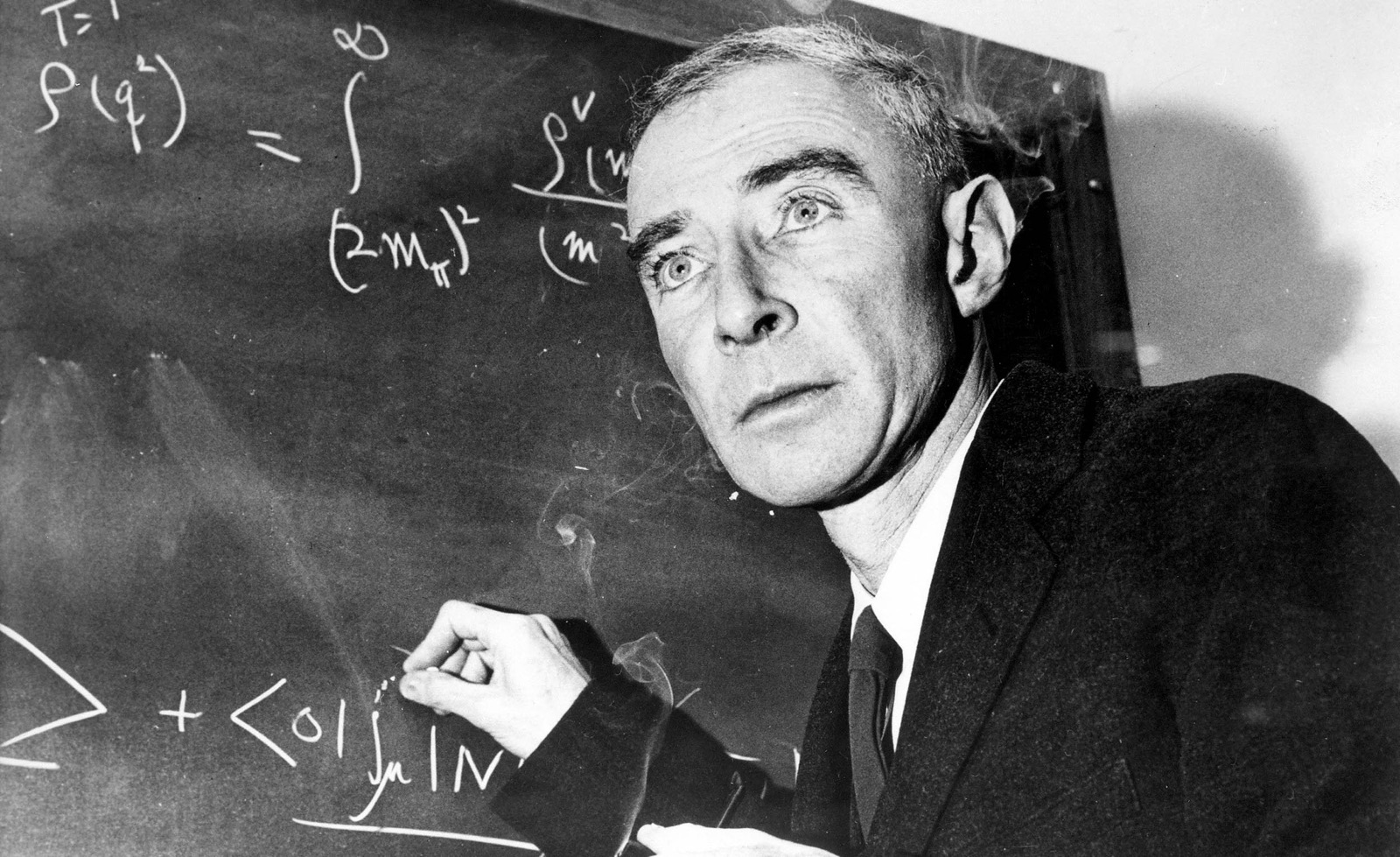
"I can't believe it worked!"
"Now I am become Death, the destroyer of worlds."
"Eureka!"
"This changes everything."
What is the term used to describe the minimum amount of fissile material needed to sustain a nuclear chain reaction?
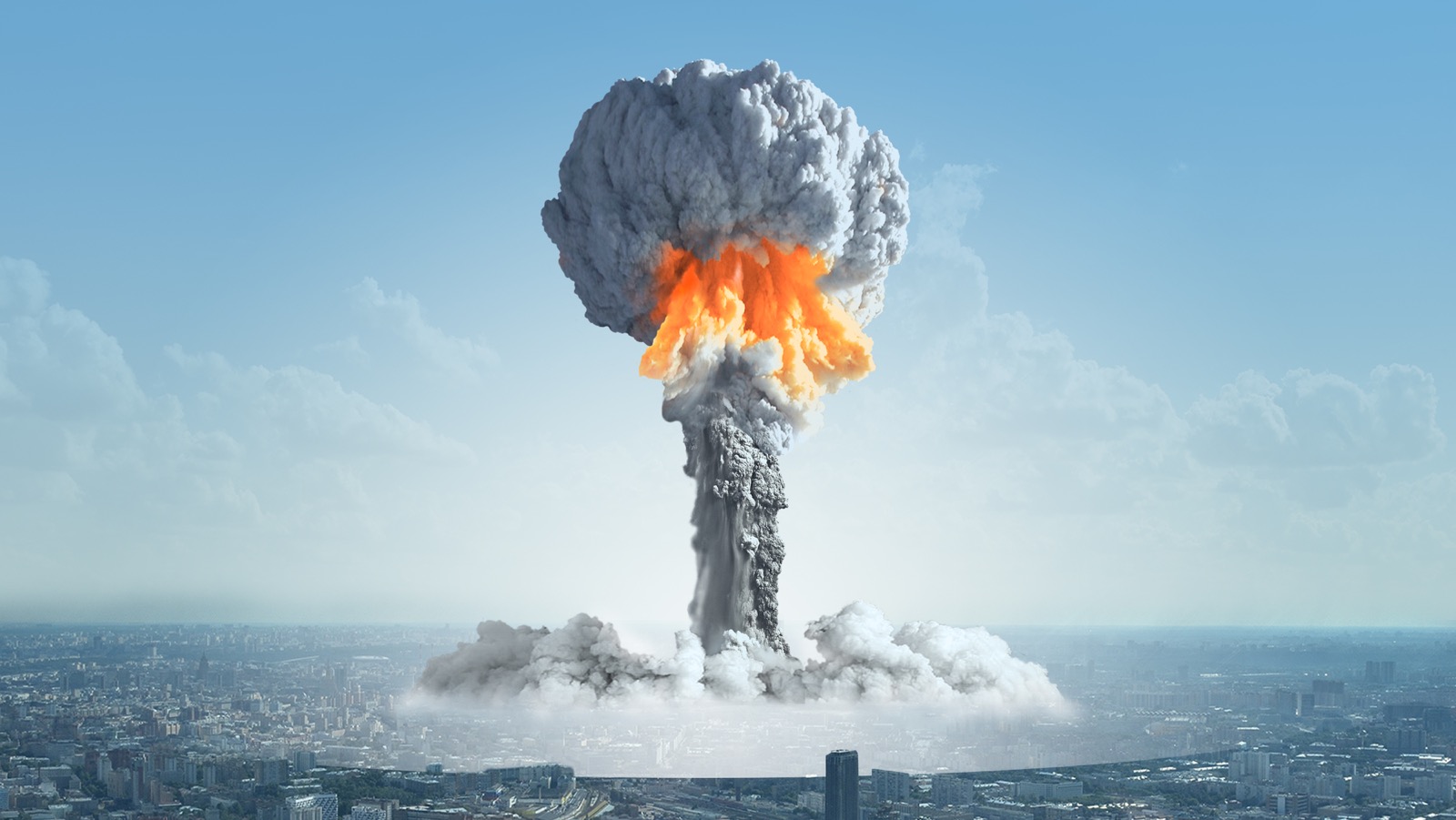
Mass defect
Critical mass
Nuclear mass
Atomic mass
Which two cities were targeted with atomic bombs during World War II?

London and Paris
Tokyo and Kyoto
Hiroshima and Nagasaki
Berlin and Hamburg
During the planning of the atomic bombings, the city of Kyoto in Japan was initially a candidate for the second bombing. Why was Kyoto eventually removed from the target list?
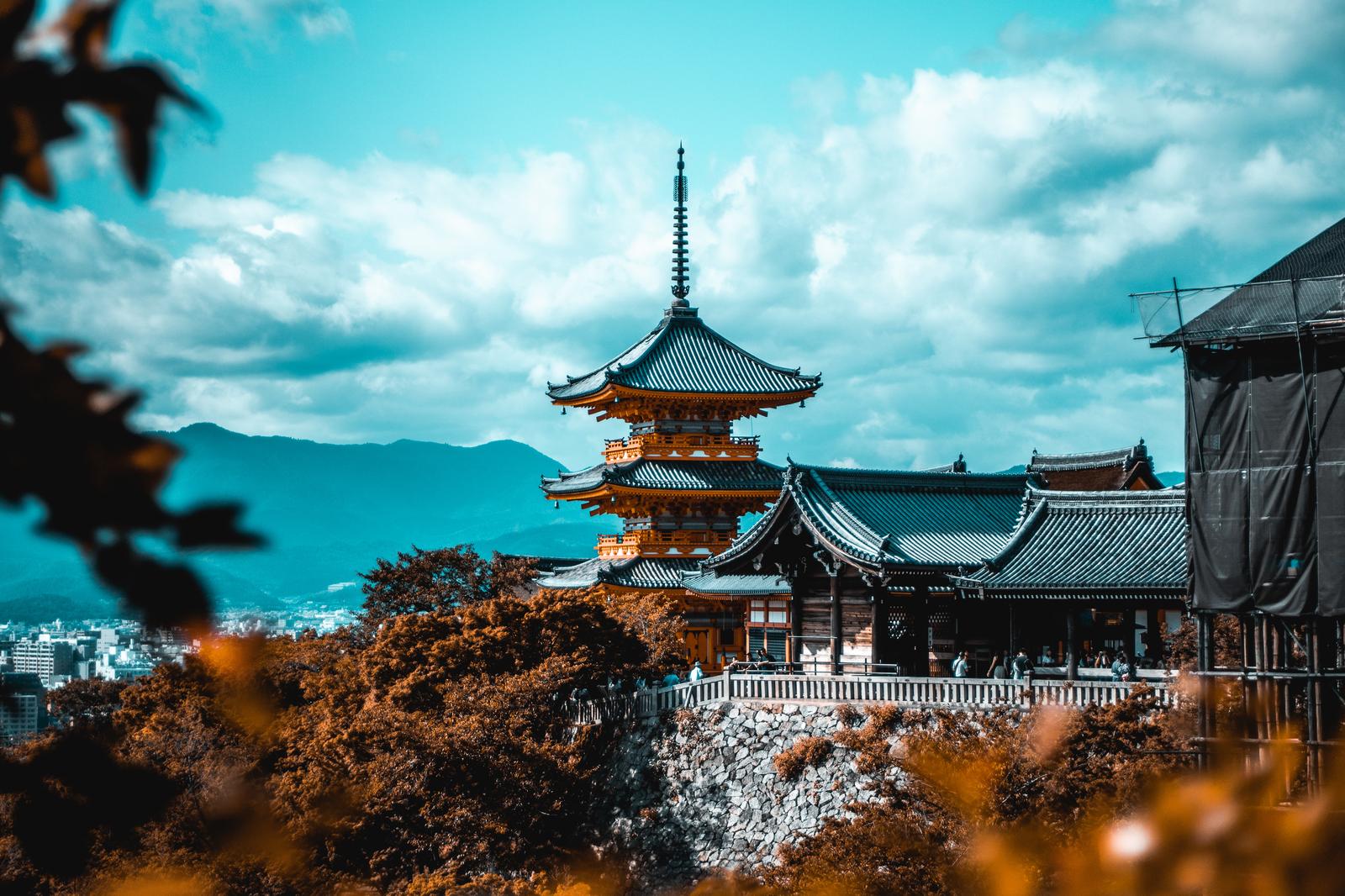
U.S. Secretary of War, Henry L. Stimson, had a personal appreciation for Kyoto's cultural and historical significance and lobbied for its removal.
Kyoto was too heavily fortified, making it a difficult target for an atomic bomb.
Kyoto was already devastated by conventional bombing, so it was not considered a strategic target.
Kyoto's geographical location did not align with the desired impact of the atomic bomb.
What year did the United States drop the atomic bombs on Hiroshima and Nagasaki?
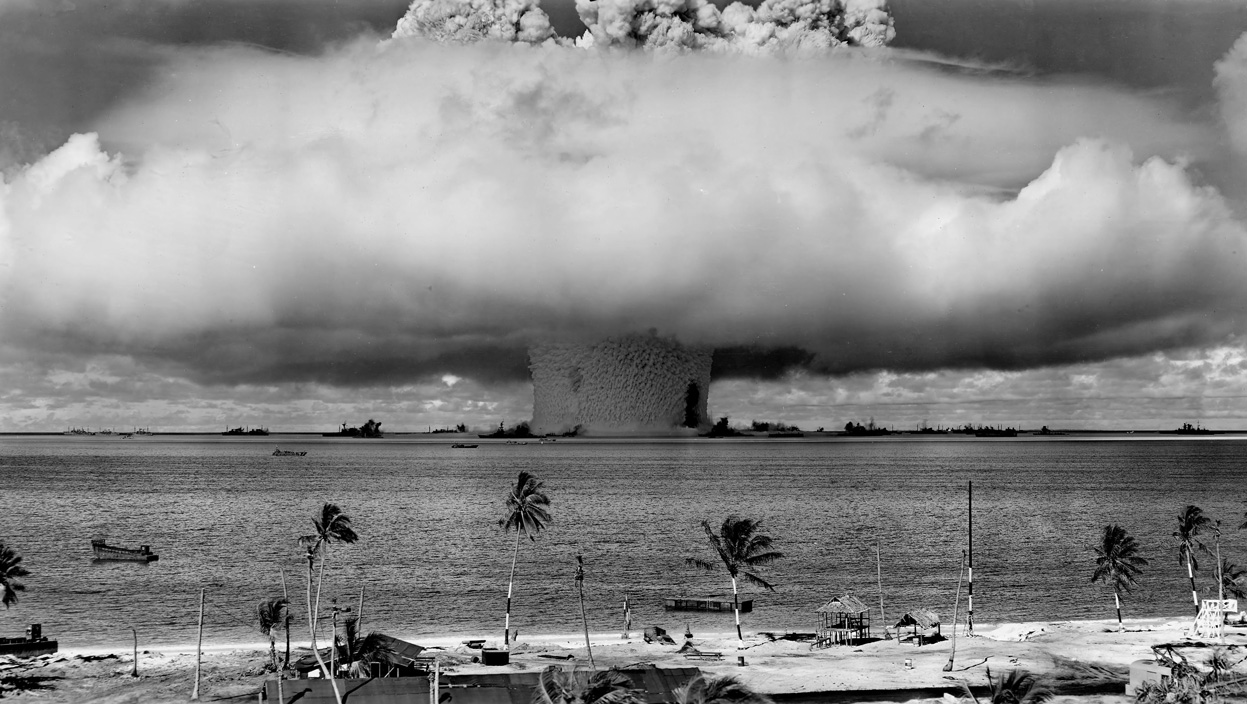
1943
1945
1942
1944
Who made the final decision to use the atomic bomb during World War II?
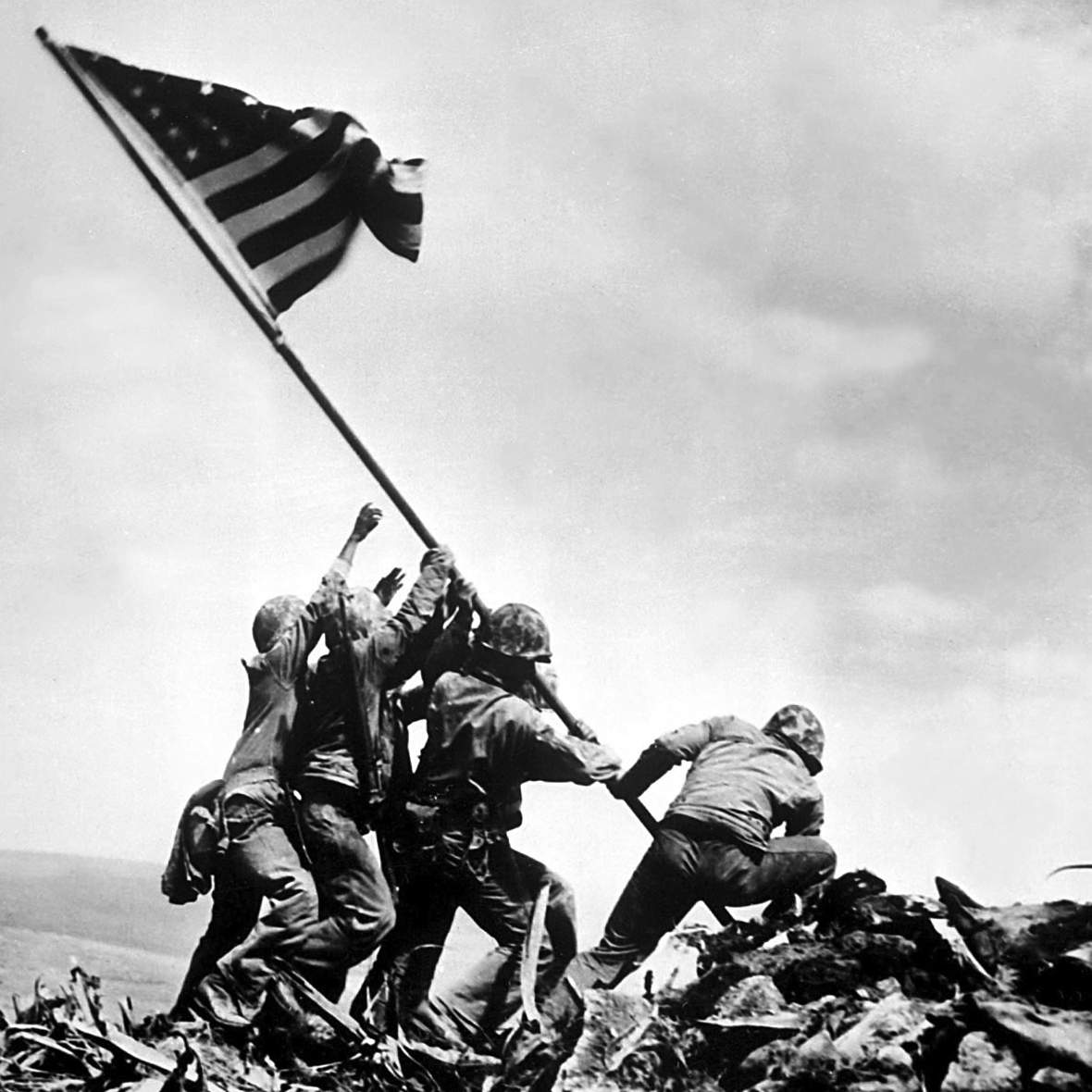
President Franklin D. Roosevelt
General Douglas MacArthur
General Dwight D. Eisenhower
President Harry S. Truman
What was the nickname of the first atomic bomb dropped on Hiroshima, Japan?
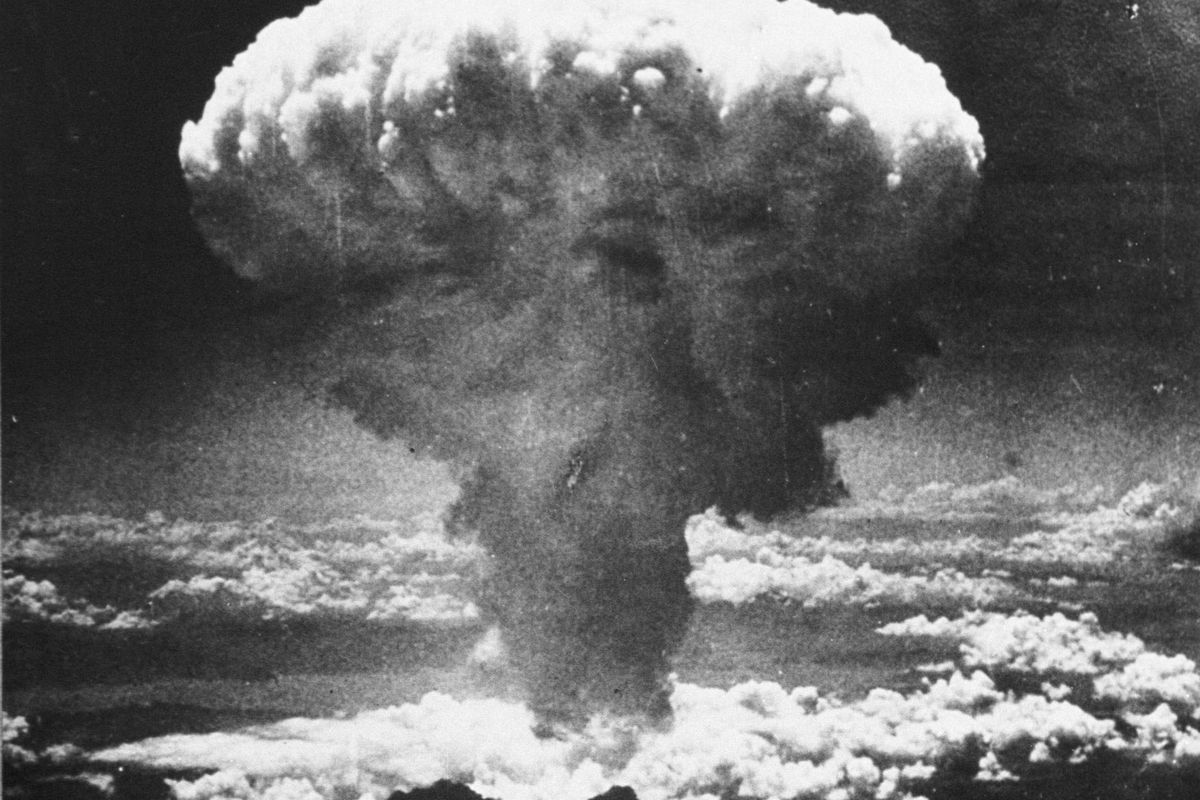
Little Boy
Fat Man
Gadget
Starfish Prime
What is the name of the B-29 bomber that dropped the atomic bomb on Hiroshima?
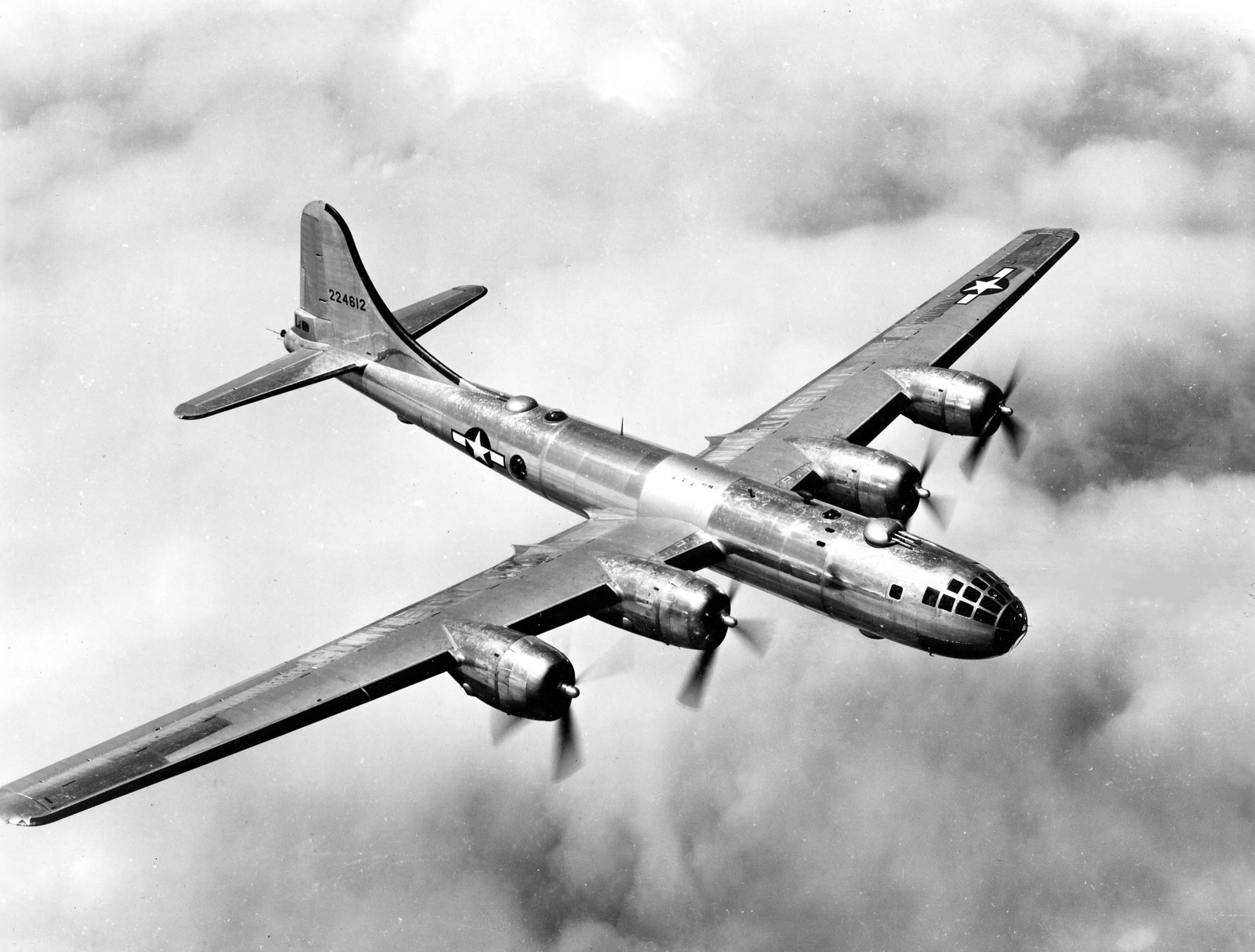
Spirit of St. Louis
Memphis Belle
Flying Fortress
Enola Gay
What was the name of the second atomic bomb dropped on Nagasaki, Japan?
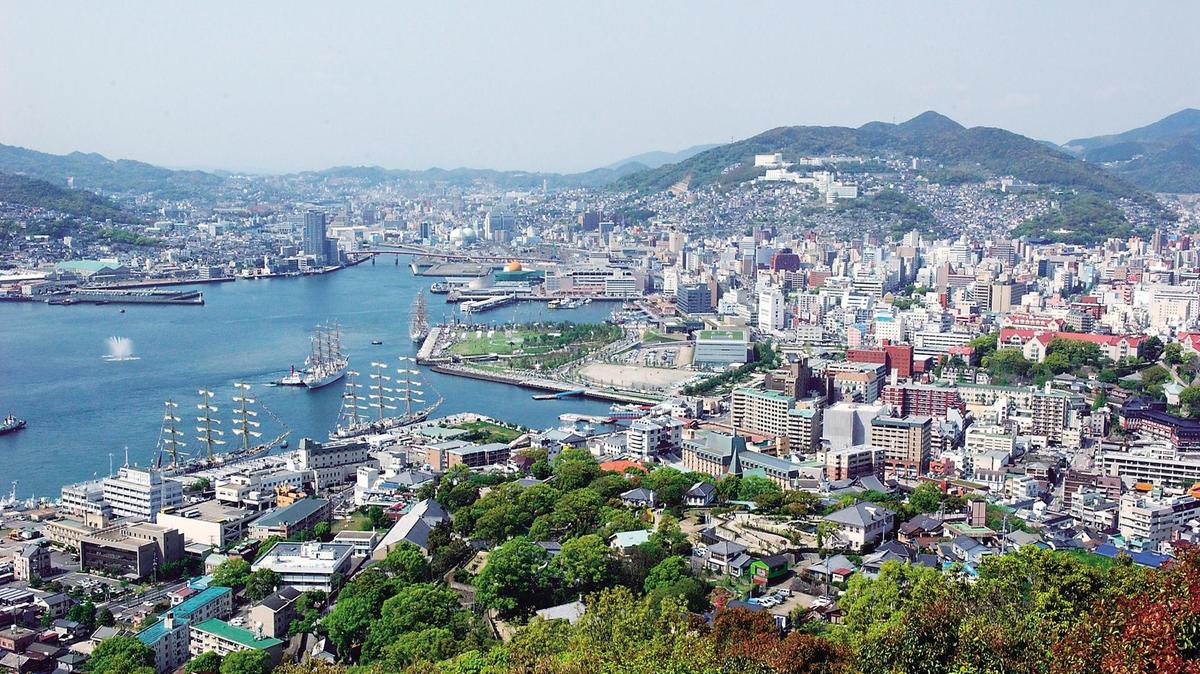
Tsar Bomba
Fat Man
Gadget
Little Boy II
We're coming to a close! What were the long-term health effects experienced by survivors of the atomic bombings of Hiroshima and Nagasaki?
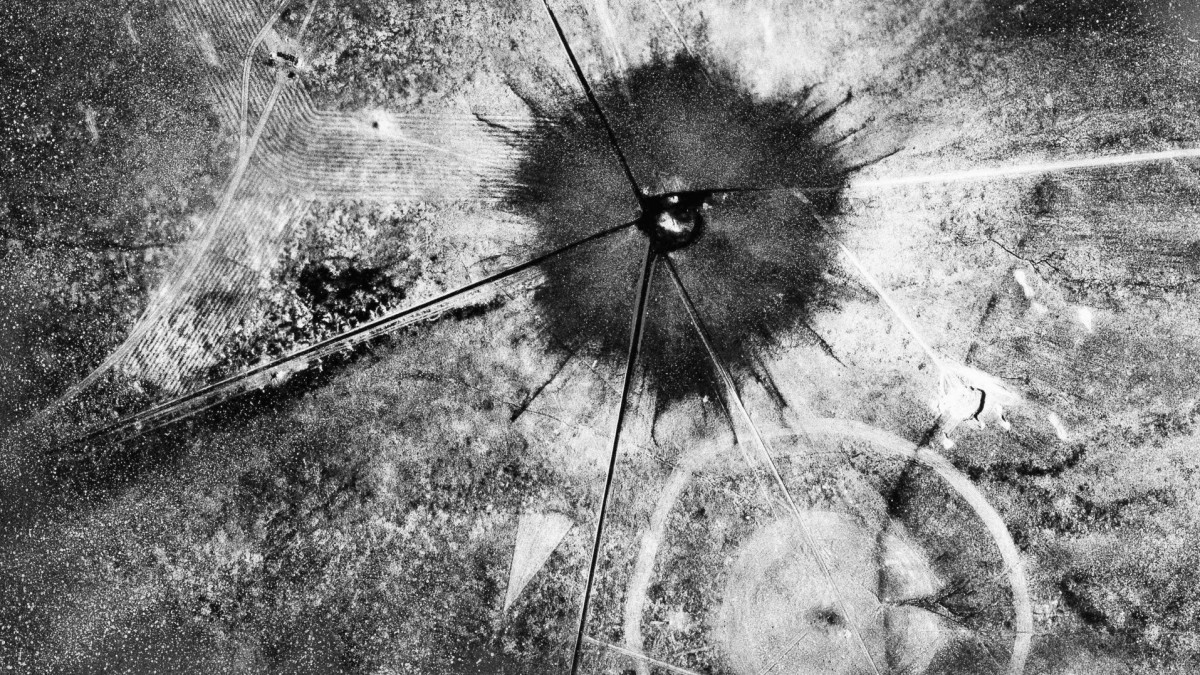
Severe burns and injuries
Chronic respiratory issues
Increased risk of cancer and other radiation-related illnesses
Immediate death from the explosion
And here's the final question: how did J. Robert Oppenheimer's role in the Manhattan Project affect his later life and career?
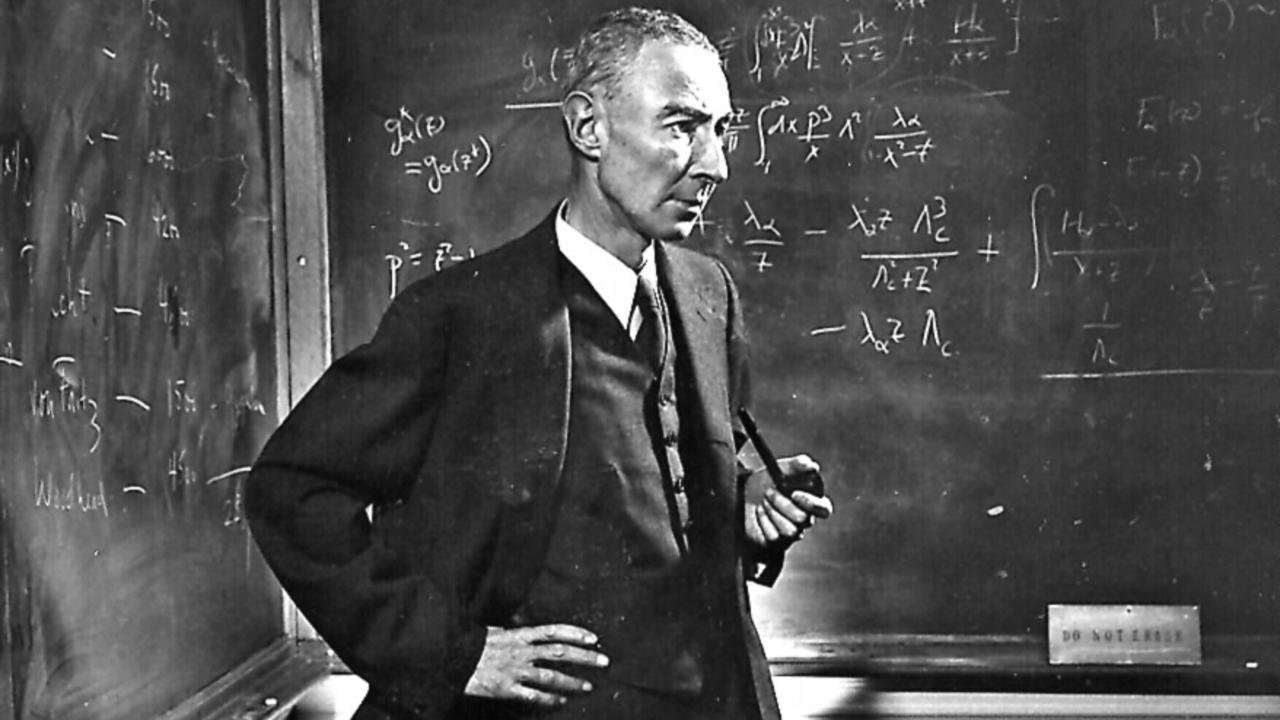
Oppenheimer faced scrutiny during the Red Scare and was accused of having communist sympathies, leading to the revocation of his security clearance.
Oppenheimer retired from science and became a politician.
Oppenheimer continued to lead nuclear research and development projects.
Oppenheimer was hailed as a national hero and awarded the Medal of Freedom.


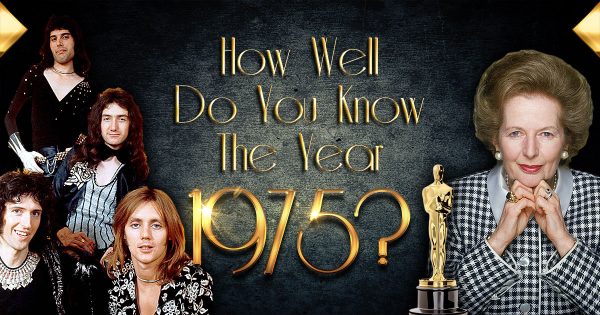
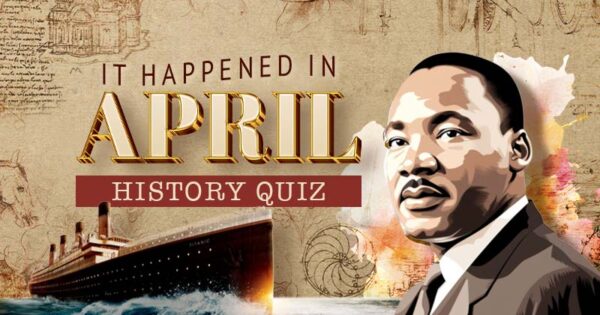
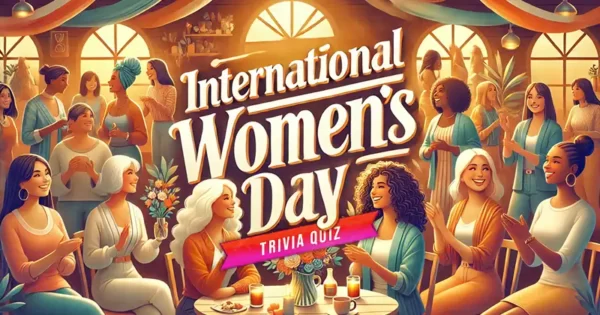
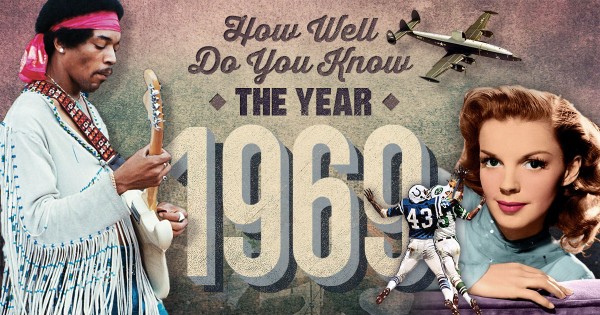

3 Comments
20/20
14 / 20 – 70%
20/20!!!!